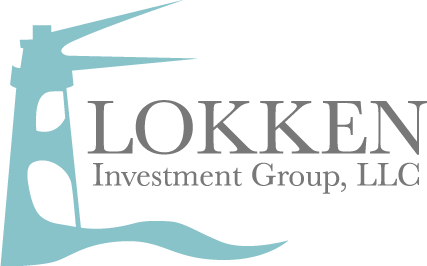Chart of the Month | April, 2025
Making sense of the tariff announcement
Trump Administration Introduces New Tariff Measures
On April 2nd, the Trump administration unveiled a sweeping set of tariffs. A baseline 10% tariff applies to all imports from all countries unless specific exemptions are granted. Additional “reciprocal tariffs” target approximately 60 countries deemed the worst offenders, based on existing tariffs on U.S. goods, perceived trade barriers like currency manipulation, and subsidies to domestic industries. Figure 1 graphs the combined baseline plus reciprocal tariff rates across key countries. The rates range from 46% in Vietnam to 20% in the EU and span multiple regions, from Southeast Asia to China and Europe.
A History Lesson on U.S. Tariffs Over the Past Century
Tariffs are back in the spotlight, but they’ve been part of U.S. policy for over a century. Figure 2graphs the average tariff rate on U.S. imports since 1891, calculated as the total amount of duties collected divided by the total value of imports. In 1899, the average tariff rate was 29%, a time when the U.S. relied heavily on tariffs for federal revenue and to protect domestic industries. Overtime, tariff rates declined due to the rise of globalization and a shift from protectionism to more open and free trade. In recent years, the average rate was between 1% and 3%. However, the newly announced tariffs represent a turning point. The Yale Budget Lab estimates the average tariff rate will rise from less than 3% in 2024 to over 20%, the steepest level in nearly a century.
The Uncertain Impact of Tariffs on a Complex Global Economy
The new tariffs carry significant implications for financial markets and the economy, but their impact is difficult to predict given the complexity of global trade and the range of potential responses by countries. The timeline is also uncertain, and tariffs could remain in effect for weeks or years, depending on negotiations. Countries could retaliate with tariffs, leading to a global trade war. Economic effects like higher inflation and slower growth are possible but also uncertain. The new tariffs are only a few days old, and their impact will unfold gradually over months as supply chains adjust. In the near term, economists expect businesses to absorb some tariff costs, softening the impact. However, there is little consensus about how much they will absorb or how they will respond, such as pausing investment or holding back on hiring.
Focus On What You Can Control: Staying Disciplined with Your Long-Term Goals
The impact of today’s tariffs is uncertain, but history shows the economy and market usually adapt to changing environments. Rather than reacting to headlines and market volatility, the best course of action is to stay focused on your financial plan and make decisions in line with your long-term goals. Years like this signify why a diversified portfolio matters, therein replicate with “uncertainty” hedges in some of our strategies.
AdvisorDisclaimer: The material shown is for informational purposes only. Past performance is not indicative of future performance, and all investments are subject to the risk of loss. Forward-looking statements are subject to numerousassumptions, risks, and uncertainties, and actual results may differ materially from those anticipated in forward-looking statements. As a practical matter, no entity is able to accurately and consistently predict future marketactivities. While efforts are made to ensure information contained herein is accurate, Lokken Investment Group, LLC cannot guarantee the accuracy of all such information presented. Material contained in this publication should notbe construed as accounting, legal, or tax advice. This message is intended to be educational in nature and does not represent tax or legal advice. Lokken Investment Group, LLC is neither an accounting firm nor a law firm, and weencourage the reader to consult a tax or legal expert for specific tax or legal advice. The information provided is derived from sources deemed to be reliable, but we are unable to guarantee its reliability. For more information aboutLokken Investment Group, LLC and services provided, please contact us at jlokken@lokkeninvest.com or 302-645-6650

